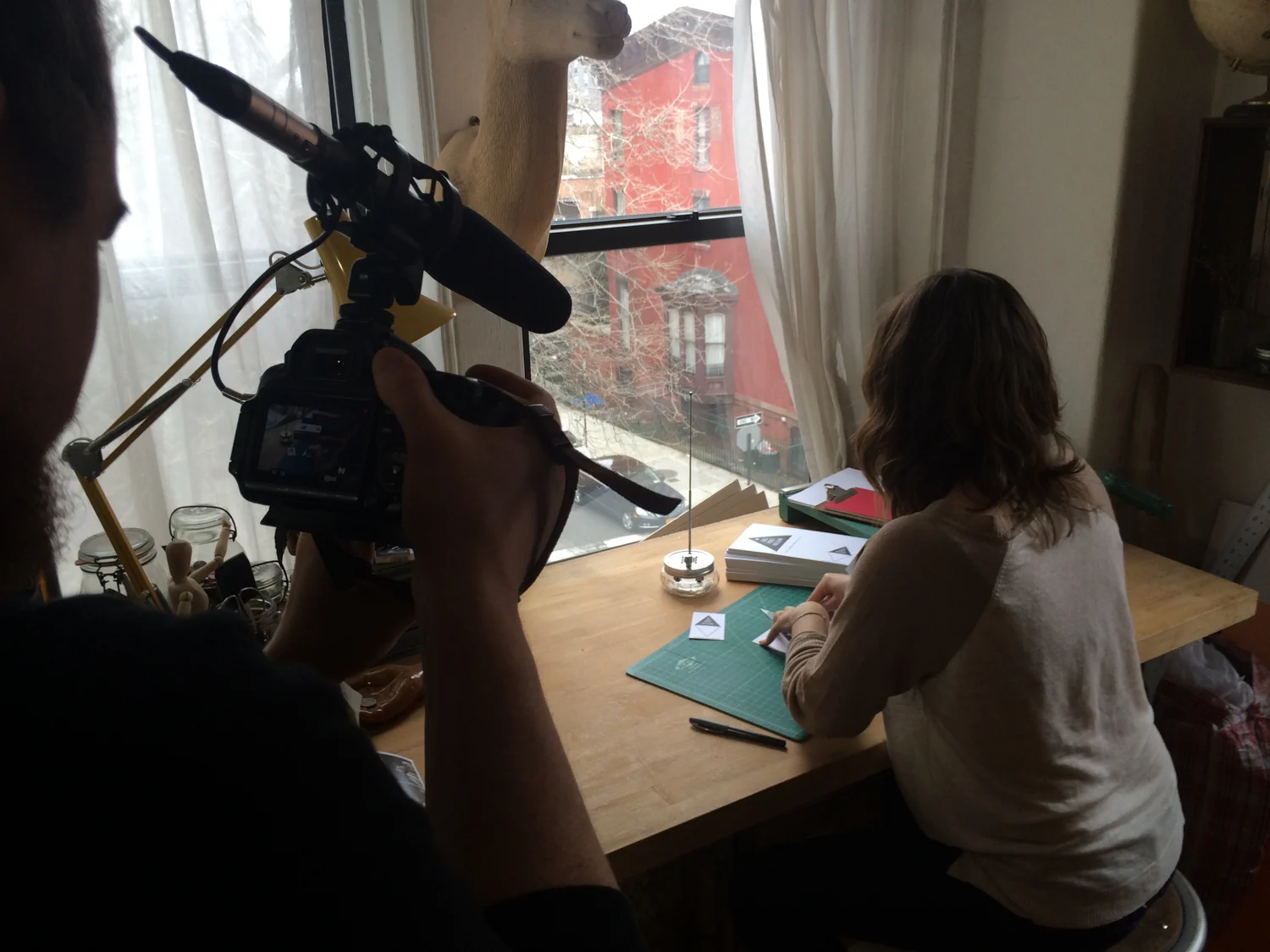I became aware of Undercurrent a little over a year ago. I found them via Radiolab, where they were an underwriter; their ad caught me off-guard (in particular because it mentioned both additive manufacturing and human-refrigerator interaction), and I've spent a lot of time since then tracking the organization. Undercurrent's philosophy, talent, and focus were highly attractive to me, and I enjoyed reading about their work.
And so it's with great pleasure that I can announce that I'm joining Undercurrent in a full-time strategy role.
Mike Arauz describes Undercurrent's philosophy well here:
This is why we’ve built a team that doesn’t look like traditional consulting firms. We value someone’s ability to see how organizations need to be in the future more than someone’s knowledge of how organizations operated in the past. Our core competency is not our ability to apply rigor and proven methodologies to make safer bets and mitigate risk, it’s our insight about how the future is going to be different than the present, gained through intuition, intelligence, and creativity.
I will be continuing my work on the variety of other projects I've got going - with increased vigor, in some cases. Undercurrent has the highest density of curiosity, creativity, and excitement that I've ever seen in a workplace. I'm looking forward to being a part of it.



